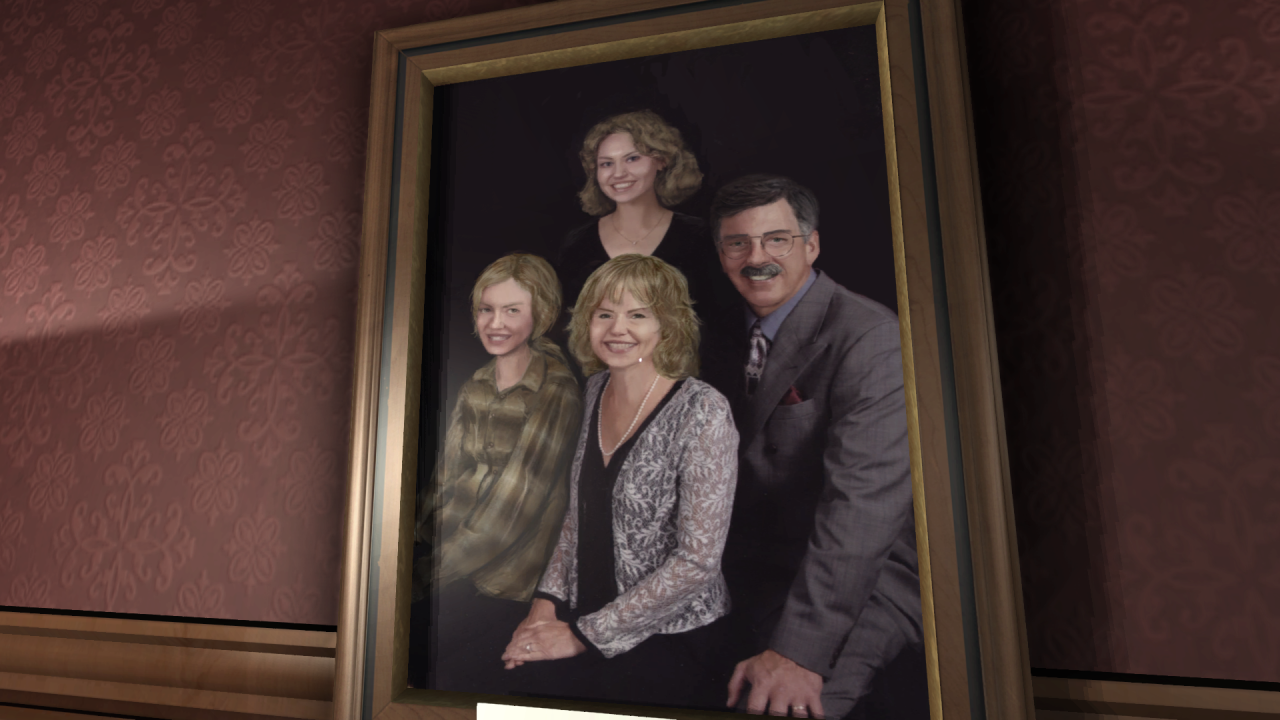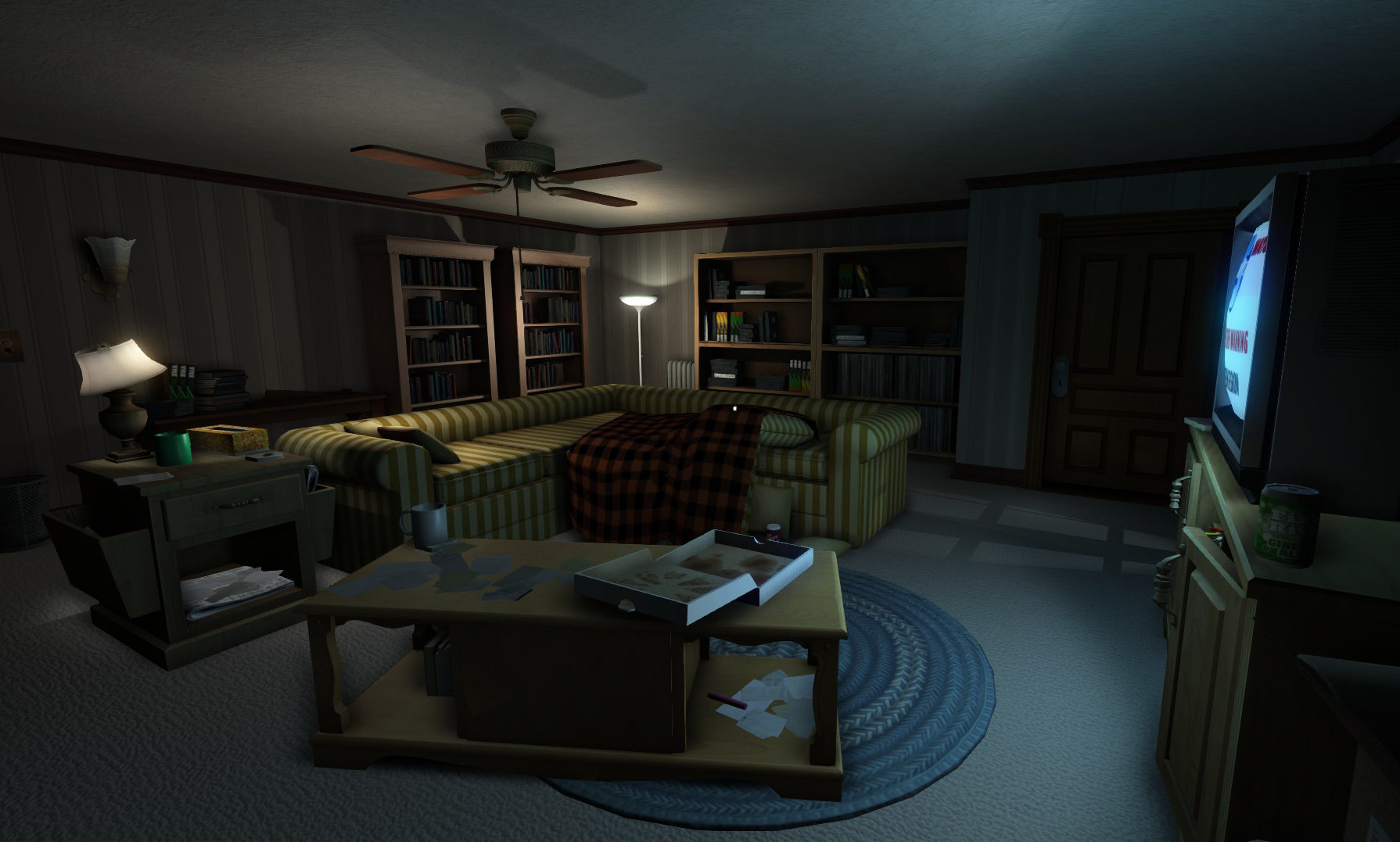In 2013, the games industry unknowingly stood on a precipice. Fascism in the United States and around the world was on the rise, and it manifested in 2014 in the form of Gamergate. A whole bunch of online losers harassed developers, critics, writers, journalists, and more in the name of misogyny, racism, and fascism.
Many of these same losers are still around today, shouting into the void about feminists and trans people and when a woman is in a video game. Generating harassment campaigns against YouTubers and swatting streamers. There's no appeasing them, no amount of firing developers or writers will quench their thirst for more violence. This has been their strategy in the United States starting with Gamergate in 2014 and it continues until this very moment.
One of the games involved in the Gamergate groundswell was Gone Home, a 2013 indie game from The Fullbright Company. Called a “walking simulator (derogatory)” at the time, I will now call it a “walking simulator (affectionate)”. It carries LGBT themes, a female protagonist, and little traditional gameplay, so of course it was an easy target for junior fascists.
It was also the best game of 2013.
This isn't how I wanted to frame my game of the year, but the world right now is just the worst. Was 2013 the last pure year of gaming? Of course not, but it does feel like a Before Time, when we were just a little more innocent.
Set in 1995, you play Katie Greenbriar, a young woman who has just returned to the United States after spending a year traveling Europe. The catch is that your great uncle passed away while you were gone and your father inherited his house - really his sprawling, poorly electrified mansion in the middle of the woods that all the local kids have nicknamed The Psycho House.

The game opens to you on the front porch: Katie's family is seemingly out of town, the house is empty, it's after midnight, and there's a storm raging outside. It's a recipe for a much different game, and in 2013 I was bracing for a scary experience. It’s not that the game doesn’t have some mildly spooky moments, but the real horror of Gone Home is not being accepted for who you are (and middle age).
Gameplay is simple, consisting of walking through the halls, finding light sources, and examining objects. Sometimes you even need to find a key! But the real excitement here is piecing together the story of the last year of your dad, mom, and especially your sister Sam. Upon finding certain objects, a BioShock-esque audio diary will play narrated by Sam directed towards Katie. These are apparently non-diagetic, which I love; Fulbright has a story to tell, dammit.
The rest of the story unfolds through notes, letters, receipts, and more scattered throughout the house. If I have one major complaint it’s that some of the text or hand-writing can be hard to read at times, give me a button to just display the text in a standard font, please! There’s a few written in such intense cursive I can’t imagine anyone playing this born after 2013 to be able to read.

In retrospect, Gamergaters getting upset at this game is just even sillier than it was 12 years ago. A gay relationship is described entirely off-screen, which must have caused them to spontaneously combust, forcing their imaginations to do such heavy lifting. Toxic masculinity is really exhausting just to think about.
But I don’t love this game because it makes sad men angry, I love it because it tells an engrossing story in a unique way with amazing attention to detail. Gone Home could have been a movie, but Fullbright chose to make a video game. There’s still player agency with tight direction: a tidy inventory, scrawls on a map, recordings you can miss, and dark secrets to uncover and make your own conclusions on.
Gone Home is my 2013 Game of the Year, both then and now.
We can’t go back to 2013. Some of us can’t go home again either. But we can go back to our favorite games from years past, nostalgia not even required, just click Install on Steam.